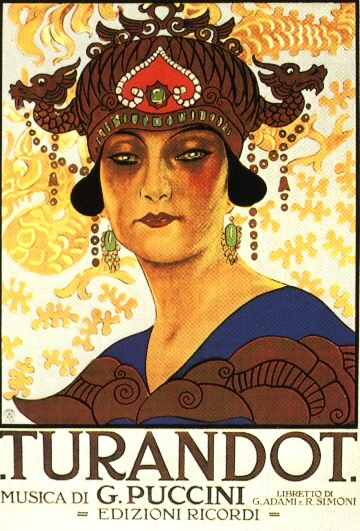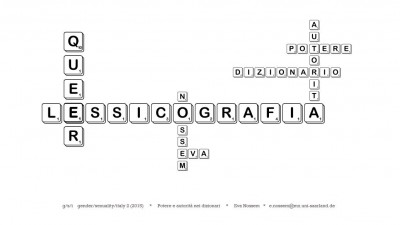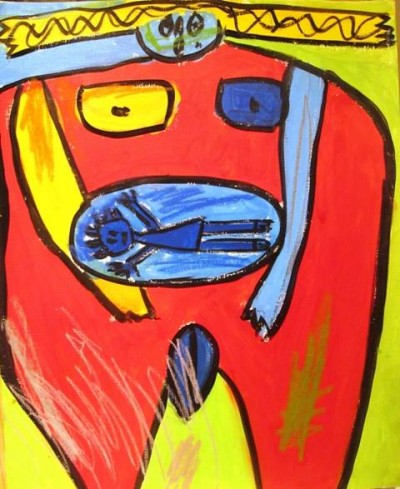2. Contro il dominio del canone eterosessista. Una rilettura queer del personaggio di Turandot
Contro il dominio del canone eterosessista. Una rilettura queer del personaggio di Turandot
by Marta Riccobono
This article proposes a re-reading of the literary character of Turandot through the perspective of gender studies and queer theory, with particular reference to the works of Judith Butler and Eve Sedgwick. The tragicomedy Turandot, brought to the stage by Carlo Gozzi in 1762, and the homonymous Puccinian melodrama, represented for the first time at the Scala in 1926,








